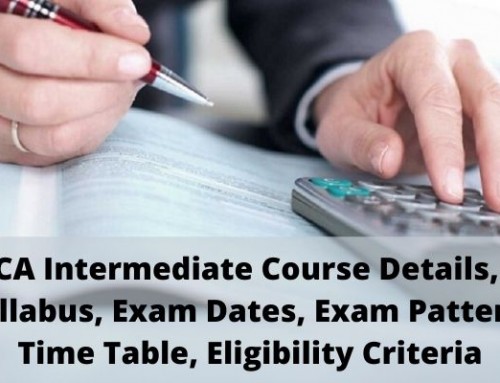When talking about JEE Advanced preparations any amount of time would seem less. However, it is important to be realistic and have a plan regarding your study schedule, when JEE is just around the corner.
Routine and schedule guide:
Last minute preparation is what matters most, so try to devote about 12 hours every-day during the last lap. An afternoon power nap to re-energize yourself is important to keep you working for the rest of the day. This mid-day siesta can be sacrificed when you are extremely close to your exam date. 6 hours of sleep serves just right, so try to limit your sleep and dedicate most of your time for studies. Rising early gives you more time to study, so try to routinely wake up early. Choose outdoor exercise (walking / jogging /cycling) for about 20-30 minutes in the morning or evening, to refresh your mind and body from the stress.
General tips:
Always stay upright while studying. Ideal way to study is on a study table. Try to avoid studying on bed since this way you tend to get lazy. Also, consciously try to stay away from your mobile phone during study time.
Approach:
Try to concentrate more on numerical problems from all the three subjects – Physics, Chemistry and Mathematics. Practice them every day till the exam day without fail. Keep a target number between 50 and 80.
Time management is yet another important factor to take care of. While practicing mock tests, ensure that you complete all the questions within the stipulated time. Do talk to other fellow students to discuss and clear doubts and know better techniques of preparation.
After you are done with your syllabus, solve some past year question papers (especially those from last 10-15 years). This will give an idea of the pattern of questions and repetitive questions as well.
Your strategy should be to cover the difficult parts of the syllabus first and then move over to the easier parts. Make special notes for the parts that you find difficulty in and revise them more often, whenever you find time. Since JEE concentrates on three subjects namely Physics, Chemistry and Mathematics, you should study subject wise. Do not shuttle between subjects to avoid confusion. Close one and then begin the next one.
Try to get clarity in your thought process. Just by looking at the questions you should be able to implement the formula or concept readily without wasting time. Keep your focus unaltered. Never quit easily or get frustrated over little failures. Remember, there is always an option of multiple attempts if you fail once.
Coming to subject-wise important topics of the exam, the list below should help you narrow down your last minute preparation choice.
Chemistry: Dividing similar chapters in a day`s schedule, you can study better. The inorganic and physical chemistry carries more weightage, hence concentrate more in this area.
- kinetics/surface/solid/electro/liquid state
- mole concept/atomic/gaseous/thermo/chem and ionic equilibrium
- redox/hydrogen/s block/d and f/periodic/metallurgy
- p block/salt analysis/chemical bonding/co-ordination
Mathematics: Topics covering Statistics/sets/mathematical logic/lpp always have 3-4 questions in the exam as per the last 10 years pattern. Matrix/det/binomial/sequence also has high frequency of recurrence every year. pnc +prob and 3-d/vectors alo are important topics to cover. Revision of 2-d is mandatory since 4-5 questions from these topics occur in the main exam. Vectors&3-D Geometry and Algebra are more important over Co-ordinate Geometry, in case of time crunch.
Physics: Modern Physics is the easiest topic and a minimum of 2-3 questions appear from here. Optics, Thermo, Waves, 1-d, 2-d/nlm/wep/circular/gravitation and fluids are some of the important topics that you must look into.
Get One Mock Test with Detailed Analysis Free













